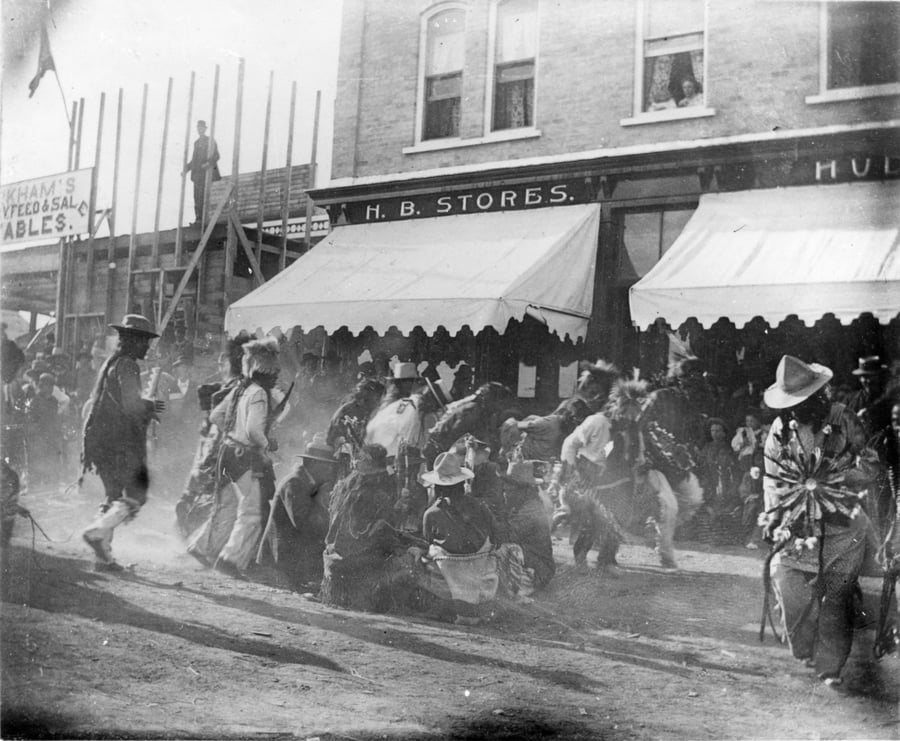
Featured Products

Girl Collab Combo
$145.00

Sold out
Rosie Archie - Jingle Dress Special
$95.00

Joe Buffalo - Residential School - ID Card
$90.00

Sold out
Louis Digital deck
$95.00

Powwow Highway - Philbert Warpony
$60.00

Sold out
International Order
$270.00

The Royal Proclamation of 1763
$60.00

Joe Buffalo - Graffiti Cree syllabics
$90.00

Colonialism X Girl Deck - Rick McCRANK
$90.00

Rick McCrank - Collab Combo - Deck and T-Shirt
$100.00

Colonialism X Girl Deck - Breana Geering
$90.00

Breanna G - Collab Combo - Deck and T-shirt
$100.00
